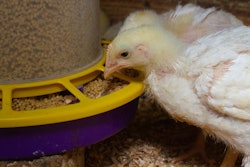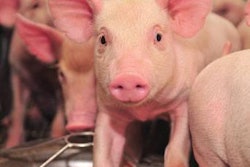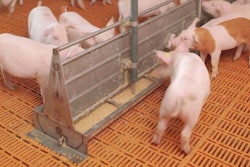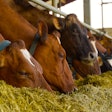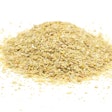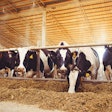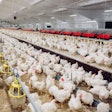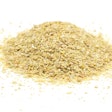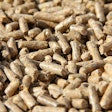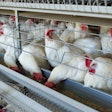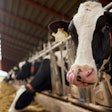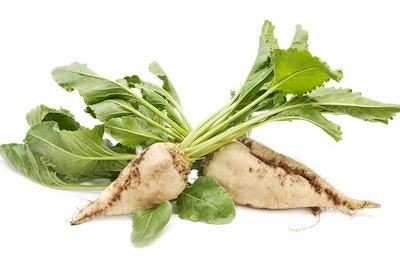
This quasi-vitamin compound is a choice additive for young animal feed formulas.
Betaine, often confused as one of the vitamins, is a natural compound with two distinct roles in animal nutrition: it is a potent methyl donor and an osmoregulator. Betaine is a common additive in summer nutritional supplements as it helps the heat-stressed organism remain hydrated better and for longer. Although it cannot alleviate heat stress alone, it remains an integral part of a combined nutritional approach for heat stress.
But betaine appears to have far-reaching benefits even beyond relieving heat stress. In a recent research report, betaine improved digestive enzyme activity, improved intestinal architecture, enhanced growth, and reduced diarrheas in weaned piglets. The pigs in this study were not recently weaned, which means they had some time to overcome post-weaning trauma. Still, betaine added at 1.25 or 2.5 kg/MT complete feed improved gut health and growth performance. Interestingly, in vitro enzymatic tests indicated that betaine boosted the affinity of the enzymes amylase and trypsin with their corresponding substrates, starch and protein, respectively.
Commercial nutritionists who include betaine in their piglet feed formulas use a level equal to 2 kg/MT (0.2%). With a price of around US$2 per kg of anhydrous betaine HCl, this additive does not increase much the final formulation cost of good quality piglet feeds. It is also possible to observe similar results in diets for other young animals such as broilers and calves, but there (depending on the formula), the margin for increasing formulation cost may be more limiting.
Clearly, betaine remains a valuable tool, albeit underutilized, perhaps due to a lack of sufficient marketing and research support.

